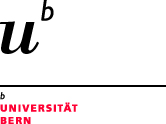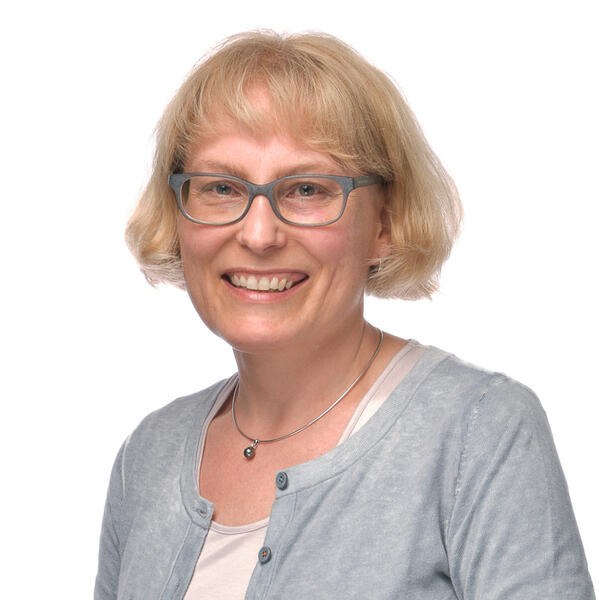For the IML, as probably for the colleagues at the university in general, 2021 was a year consolidating into the new normal. Well-installed for home-office and used to new routines, Zoom, mails, digital exchange, etc., work returned into a new rhythm. For families with children, daily child-care and schools were mostly reliable again, and when children or pets appeared in zoom meetings, they were heartly welcomed. Last but not least, less time for commuting definitely has some advantages.
Throughout the year and particularly, by the end of the year, assuming an end of lockdowns and less strict home-office regulations, submerged issues started to surface, mostly related to the question: How are we doing really? What did we learn and win from remote working, what got lost during the home-office time, what do we need to work efficiently and with satisfaction? In pre-Covid times, the office biotopes were never really questioned, the after-work beer, small apéro events to celebrate whatever was deemed important, were a natural and important part of work. Also, the spontaneous communication with colleagues next door, networking in and around meetings, were taken for granted. And suddenly none of this was a part of working life anymore. How did this matter?
From the perspectives of the well-being of our teams, there are many issues still pressing. Those who started working in IML in the pandemic time had a hard time to get to know everybody and the team culture. The transition between pre- and (almost) post pandemic, is still a journey with many unknown elements. The transition back to office, to yet another new normal, has only started. Still, at our university, beyond new home office regulations, the longitudinal effects of the changing work environments seem yet to be a marginal issue.
From the perspective of our activities, the second pandemic year was mastered well. We can look back on processes almost running as normal again, successful, developments, projects and research.
- It was encouraging to see how our eTools were needed and welcomed. The availability of our software suite for assessment and eLearning tools were highly appreciated, the development progressing well and new applications successfully implemented thanks to the commitment of our teams and engaged cooperation between our departments. For the first time we ran electronic home exams with students’ own computers, offered communication trainings online, and elearning material and instructional videos were truly asked for. It was really challenge to adapt technology according to new needs in such a short time, but also really instructive.
- We started two new large SNF projects dedicated to central medical education issues: How to prepare physicians to better cope with stressful communication; and how to implement post covid teaching, preserving useful digitalisation experiences. Other (inter-)national projects are progressing well, enriching knowledge acquisition at the IML and beyond.
- We also welcomed three new PhD Candidates to our team.
- Excellence in Medical Education was honoured to the head of the AAE department, Sören Huwendiek, with a full faculty membership.
- Last but not least, we were able to hold the international annual conference of the «Association of medical education» online together with our colleagues in Zurich and Lucerne, after we had to cancel this event in 2020.
Such and other merits are highlighted with particular «stories» in our annual report.
All the different tasks and people make up that what IML is. The balancing between needed productivity and available resources, on the one hand, and personal wellbeing, health, and social interaction on the other hand, is a remaining challenge. In the IML this is on our agenda, in this context, I encourage that this issue - «back to a new normal» - should be more prominent and differentiated addressed in the wider context of our work.
Sissel Guttormsen, June 2022

